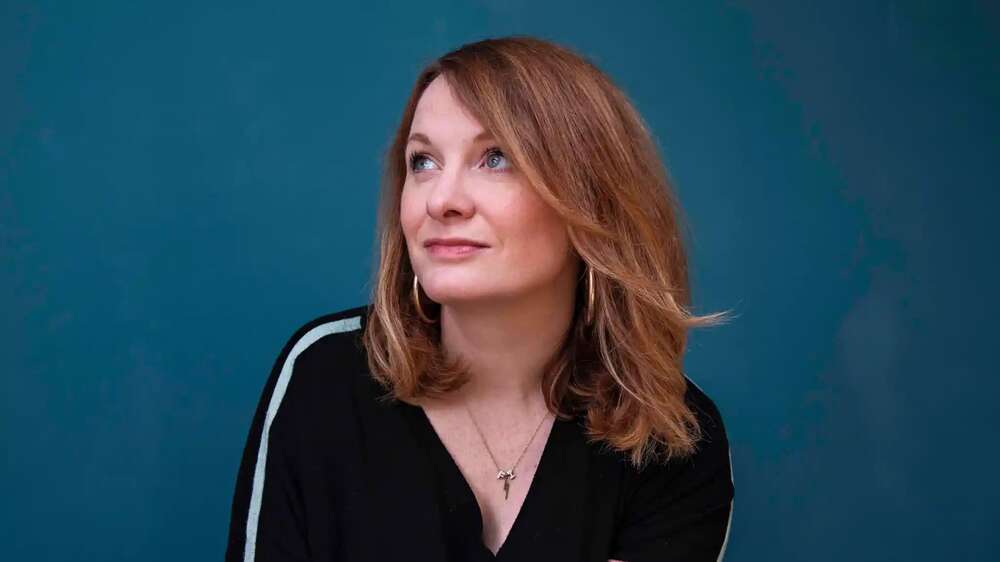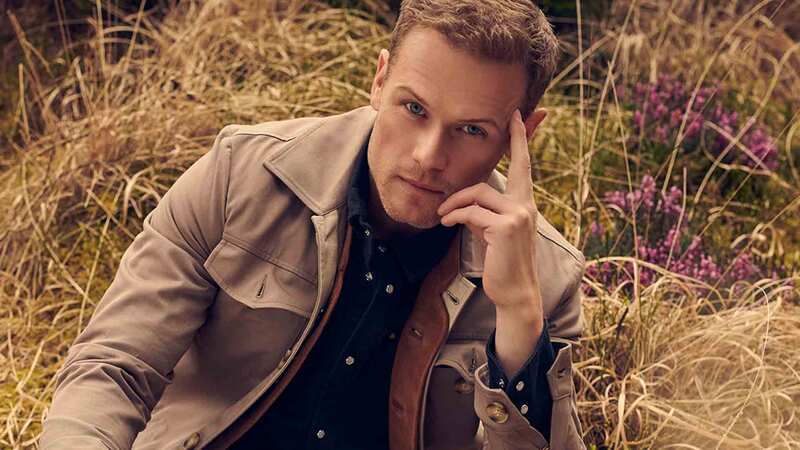You are viewing your 1 free article this month. Login to read more articles.
Kirstin Innes on Scotland's exciting female writing
Writer Kirstin Innes talks to The Bookseller about some of the most exciting and experimental Scottish female voices being published today.
Though author and journalist Kirstin Innes won a Scottish Book Trust New Writers Award in 2008 and released her Not the Booker Prize-winning début Fishnet (Black & White) in 2014, it was only last year, when her second novel Scabby Queen (Fourth Estate) was published, that she gained the self-confidence to define herself as a writer. She explains: “In my head, I’ve got an idea that has something to do with being Scottish and female... I don’t want to extrapolate my experience as representative of all Scottish women, but there’s something about being a woman in Scotland where you don’t get above yourself. You don’t put yourself out there.”
Innes feels that since the 1990s, when Irvine Welsh’s Trainspotting gained cult status and James Kelman’s How Late it Was, How Late won the Booker Prize, there has been “a conflation between Scottish writing and male working-class, often west-of-Scotland, writing”. Much of the literature that was formative to her own work was written by Scottish female authors and includes Jackie Kay’s first novel Trumpet (“I can definitely draw a line between that and Scabby Queen; they’re both about the aftermath of the death of a musician told by people from their lives”), as well as titles from Ali Smith and A L Kennedy. Innes also cites Janice Galloway as a big influence, saying: “The impact that she has had on the way that Scottish women felt we could write about ourselves is phenomenal. She makes experimental fiction out of the most quotidian day-to- day stuff of working-class women’s lives.” Innes adds: “I suppose you can see Scottish women writing over the past three decades as the process of giving ourselves permission to experiment and create and play, and be angry as well.”
Considering her fellow Scottish female writers, Innes highlights Leila Aboulela as a “great, deep, thoughtful writer” who “has been steadily and consistently publishing brilliant fiction”; Helen McClory and her “ripe” use of language; and Amy Liptrot’s “beautiful” non-fiction. She also praises the “brilliant, transgressive, beautiful, angry and wonderful” work of Scottish women poets such as Nadine Aisha Jassat and Hannah Lavery, who is also a playwright, and lauds the creativity of women writers who are exploring “the dark and weirder underside of life”. These include Jenni Fagan (“she consistently amazes me with her imagination, her brain, her nerve and her guts”) and Kirsty Logan (whose writing combines Gothic magical realism and gender play).
Bending conventions
Innes points out that several Scottish female writers are blending different genres in their work. She mentions Helen Sedgwick, who pens crime novels with a scientific element and dabbles in speculative fiction, as well as Kerry Hudson, whose non-fiction title
Though such experimentation produces creative, exciting work, Innes recognises that such writing is often hard to categorise. “We’re not fitting into publishing templates necessarily... It’s not easy to market.” Innes also feels that “Scottish writing, until this year possibly, has been perceived as being only of interest to people in Scotland, no matter what it is”. She wonders if “maybe the ‘Trainspotting effect’ made it feel like Scottish writers were a phase or a fad for a while. But, I think things are changing.”
Despite the barriers facing Scottish authors, Innes believes there is “such a strong literary community in Scotland and I think it’s an inclusive, supportive one”. She says: “There is so much drive and desire to support Scottish writing and pull up our own.” As well as “a network of women who are promoting each other”, Innes points to literary magazines and journals that encourage experimental writing, such as Gutter and Extra Teeth. She also applauds Scotland’s independent bookshop scene, in particular Edinburgh’s Lighthouse Books, and female-led organisations including indie publishers 404 Ink and Monstrous Regiment, which are “both fronted by young women and putting out interesting, boundary-pushing work on a shoe-string budget”, and Paisley Book Festival, which is “run by two women in their early thirties with deep roots in Scotland’s grassroots spaces”.
She concludes: “This is a small country, but we’ve got a lot to say, and we’ve got a big tradition of supporting other writers.”
Kristin Innes was born in Edinburgh. Her debut, Fishnet, won the Guardian’s Not The Booker prize in 2015; it is published by Black & White. Her latest, Scabby Queen, is published by Fourth Estate.
This feature is part of Creative Scotland’s collaborative content with The Bookseller published in the Scotland Country Focus 2021, which you can read in full here. You can read content from the Scotland Country Focus here.














